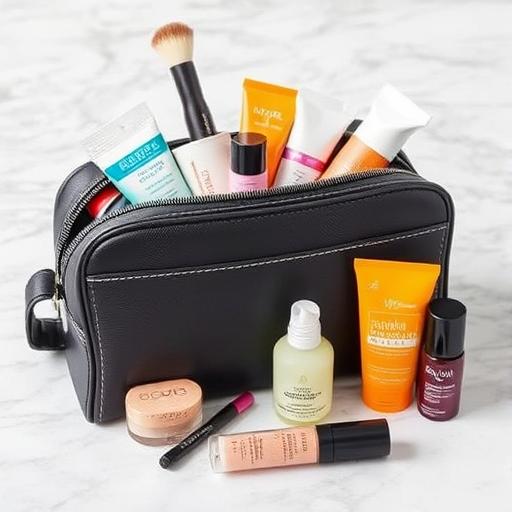
Starting something new can feel overwhelming. Whether it’s a new diet, a fitness regime, a creative project, or even just a commitment to self-care, that first week sets the tone for everything that follows. This is why laying a strong foundation in Week 1 is crucial for long-term success. It’s about establishing realistic goals, building positive habits, and creating a sustainable plan that you can stick with.
Setting Realistic and Achievable Goals
The biggest mistake people make is setting goals that are too ambitious. Instead of aiming for a complete life overhaul in one week, focus on small, achievable steps. Think about one or two key areas you want to improve and set realistic targets for that first week. For example, if you’re aiming for better fitness, instead of aiming for a daily hour-long workout, start with 20 minutes of moderate activity three times a week. Small wins build momentum and prevent feelings of frustration and discouragement.
Building Positive Habits: Small Changes, Big Impact
Week 1 is all about building good habits. Habits are the building blocks of long-term success, and even small changes can have a big impact. Instead of drastic measures, focus on incorporating one or two new healthy habits. This could be as simple as drinking more water, practicing mindfulness for 5 minutes each morning, or even just making your bed every day. These small acts of self-discipline create a sense of accomplishment and pave the way for more significant changes later. For more ideas on incorporating small yet impactful self-care rituals into your daily life, check out our article on 5 Simple Self-Care Rituals for Busy Women.
Planning and Preparation: Your Roadmap to Success
A well-structured plan is your roadmap to success. Spend some time at the beginning of the week planning your activities. This could involve scheduling your workouts, meal prepping for the week, or simply setting aside specific times for working on your project. Having a clear plan eliminates decision fatigue and helps you stay on track. Consider creating a vision board to visually represent your goals; our guide on How to Create a Vision Board That Actually Works offers valuable insights.
Tracking Progress and Adapting Your Approach
Don’t just set goals; track your progress. Keep a journal, use a fitness tracker, or simply make notes of your accomplishments. Tracking your progress helps you stay motivated and provides valuable feedback. If you discover that your initial plan isn’t working, don’t be afraid to adjust it. Flexibility is key to long-term success. Sometimes, we need to look beyond the usual approaches, and our article on Bonus Ideas for Flexibility: Beyond the Usual Suspects might offer valuable insights. Remember, week one is just the beginning of your journey, not the destination.
Celebrating Small Victories and Embracing the Journey
Remember to celebrate your wins, no matter how small they may seem. Acknowledging your progress keeps you motivated and reinforces positive habits. Don’t get discouraged by setbacks; view them as learning opportunities. Embrace the journey and focus on making consistent progress, one step at a time. By the end of Week 1, you’ll have established a solid foundation for achieving your goals and are well on your way to long-term success. Remember to check back next week for Week 2: Building on Momentum and Refining Your Approach.





